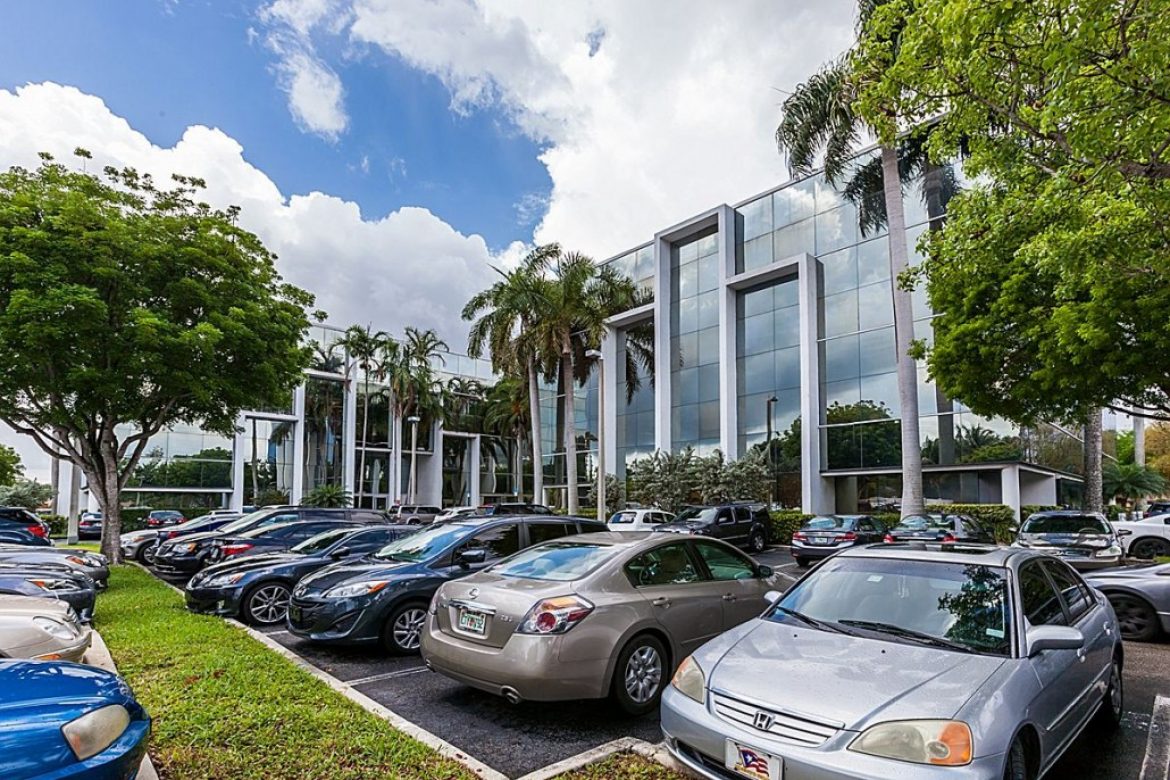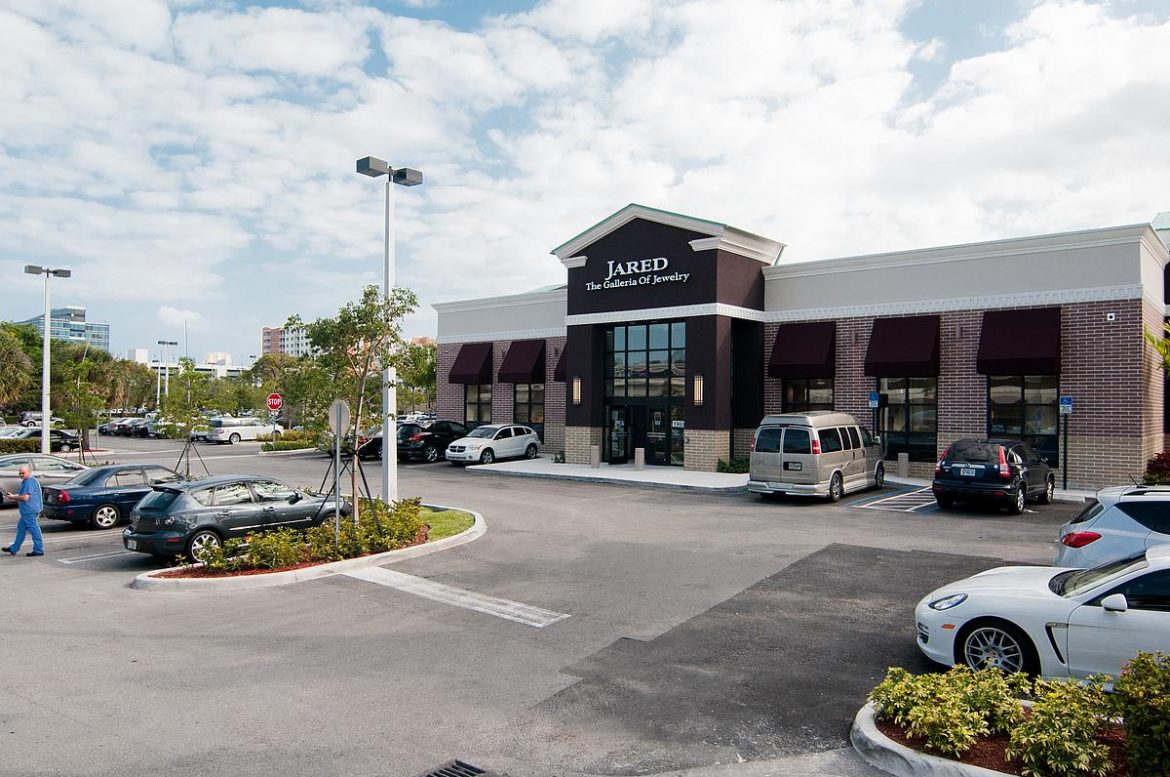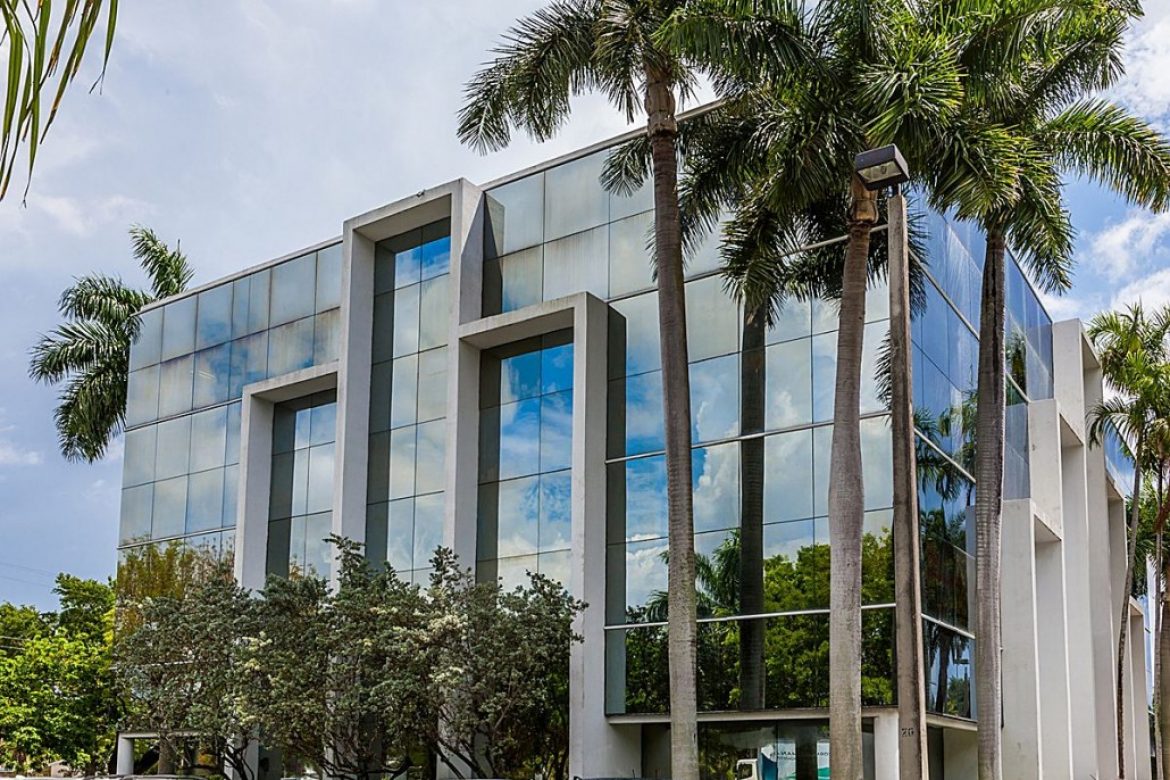Wynwood commercial real estate continues to flourish as several large tech companies, financial institutions and top food and beverage concepts continue to choose this desired neighborhood as their headquarters.
Over the past three to four years, Wynwood has been transformed thanks to vertical development, said Randy Carballo, senior vice president of CBRE Miami Office. With the extended variety of residential offerings now in Wynwood, corporations are competing to stay in this submarket.
“Rent levels have increased significantly, well north of 20%,” said Mr. Carballo. “The office product in Wynwood, a few years prior, was repurposed warehouses and smaller projects. Now, you have true Class A product, where construction and land costs have risen rental rates.”
In the Wynwood-Design District submarket, average asking rate per square feet is at $78.35 for Class A office space and $67 for Class B, according to Blanca Licensed Real Estate Broker’s Miami Office Market 3Q 2022 report.
The vacancy rate has declined since the highest point in 2020’s third quarter, from 53.5% to 27.7% for this year’s third quarter Class A office space.
The weighted average asking rate has increased 22.4% year-over-year, direct vacancy has also decreased 37.5% compared to the same time last year. There has been 212,316 square feet of net absorption – the change in occupied space, measured between this year and last year, with the space vacated and the newly constructed space. There also are 252,428 square feet of offices under construction as of this quarter, and 320,904 square feet of total space leased, according to the Blanca report.
Some of the new-to-market tenants include Knotel, leasing 38,400 square feet in Wyncatcher; MindSpace, leasing 30,000 square feet at The Gateway at Wynwood; and The Chef’s Warehouse, leasing 4,100 square feet of space in 545 Wyn.
About 1 million square feet of new development is coming online, Mr. Carballo added.
“Our team is representing LYNQ at Wynwood, which is a about 330,000 square feet of brand-new trophy office space on Fifth Avenue. And so, you’re continuing to see a flow of high-quality office space coming into this market for users who are looking for different offerings, but also large blocks of space that really don’t exist in the [overall] market.”
According to Colliers Miami-Dade County Office 22Q3 report, there are 40 office space buildings in Wynwood and the Design District and a total inventory of 1,955,890 square feet.
Colliers retail report for the third quarter shows 2,795,620 square feet of inventory for retail space and a total vacancy of 7.3%, with 9,010 square feet of net absorption,15,000 square feet of space under construction, and an average asking rate of $69.40 per square foot.
The growth in multi-family developments in Wynwood is opening the area’s retail and office submarket to be more of a live-work-play environment. “In a couple years, we’ll have north of 5,000 residential units in Wynwood,” said Mr. Carballo. “That’s saying a lot, because, two years ago we had less than 500 residential units there. So, the neighborhood is growing ten times, and with that comes new retail offerings, new food and beverage opportunities, new services into the neighborhood. Couple that with the future potential of the Brightline station coming soon… Wynwood has a long, long way to run, and it’s truly one of the more exciting neighborhoods than South Florida.”
In an October report prepared by Related ISG Realty with data from CoStar, the top retail leases in the Wynwood-Design District area in the last year include for 2610 N Miami Ave., leased by Metro 1 Commercial; 3711 NE 2nd Ave. for Eichholtz Furniture, leased by DWNTWN Realty Advisors; and 3800 NE Miami Ct., leased by Cushman & Wakefield.
The same reports estimate average asking rent for retail in Wynwood at $61.69, with 12.4% growth since last year.
Additionally, Endeavor Miami, the local branch of the global non-profit organization that supports entrepreneurs with the help of the John S. and James L. Knight Foundation, moved its Coral Gables office into Wynwood, a “strategic location” for the organization, said Claudia Duran, managing director. The new office is 3,000 square feet.
The Gateway at Wynwood, which has 24,041 square feet of flexible retail space and a total of 183,990 square feet of Class A office space, announced in May that tech start-up OpenStore is to lease about 26,000 square feet. At the same building, Baseline, an investment company, would lease 5,000 square feet of offices. Asian-Fusion Steakhouse Daliyah and Mizu Rooftop Garden are leasing about 6,000 square feet of ground floor space and 3,000 square feet of rooftop area, respectively.
Marcus & Millichap also moved its Miami office from The Waterford Business District, near Miami International Airport, into The Gateway at Wynwood, leasing 12,029 square feet on the seventh floor, paying substantially more than at its previous office space, the company announced in March. Venture capital company Funders Fund also leased 14,914 square feet on the building’s 10th floor, and Veru, a biopharmaceutical company, leased 12,155 square feet of office there too, according to the Business Journal.
PricewaterhouseCoopers, known as PwC, also closed a 38,409-square-foot deal at the 545 Wyn office building, according to the Commercial Observer; and Schonfeld Strategic Advisors has leased at The Dorsey, a mixed-use development in Wynwood, for a 20,000-square-foot space.
Other companies that have recently moved into the neighborhood include Spotify Technology, Blockchain.com, Live Nation, Chase Bank and Spearmint Energy, a renewable energy company.
Experts agree that the emerging housing development in Wynwood is contributing to the densification of commercial real estate in the area. “So, you’re going to see more and more service-oriented retailers that need to service those customers,” said Drew Schaul, executive vice president of advisory and transaction services at CBRE. “There are certain retailers that service a daytime population, and then there’s a group of retailers that not only [service] the daytime population, but also the residential population that call Wynwood home.”
Source: Miami Today



